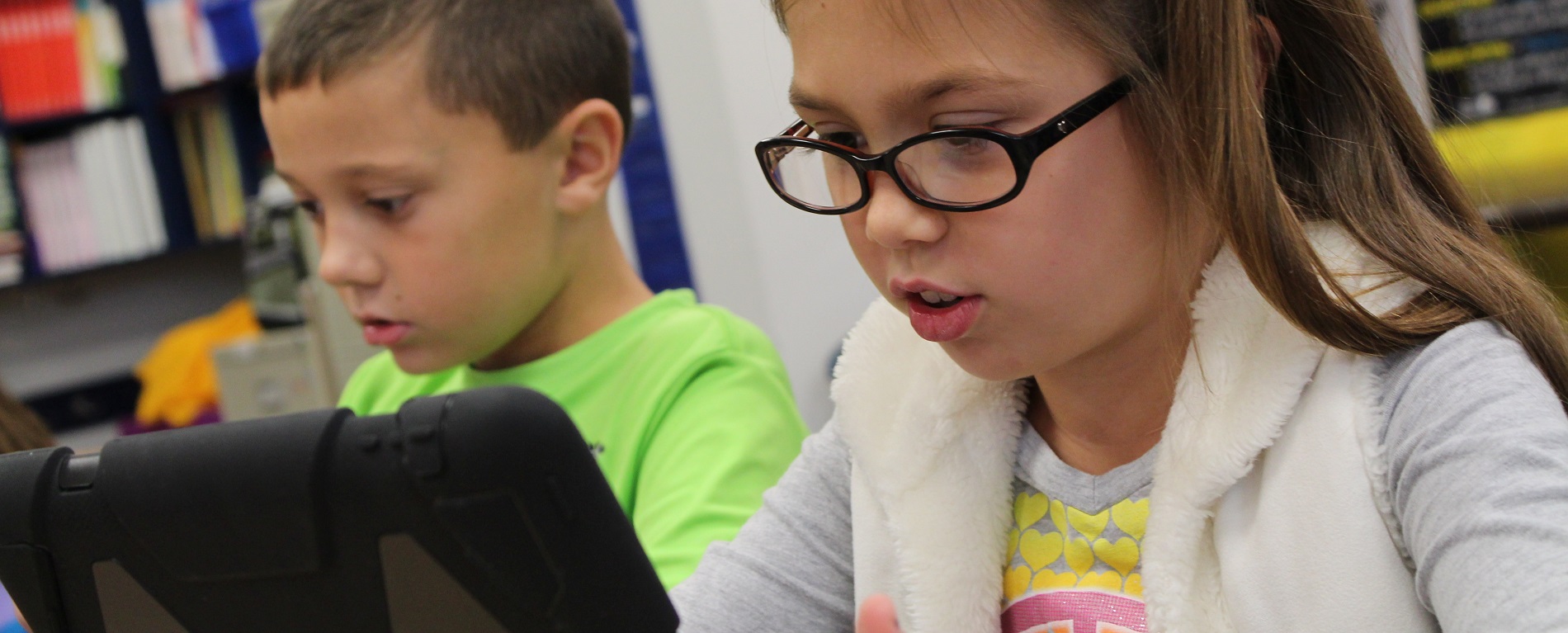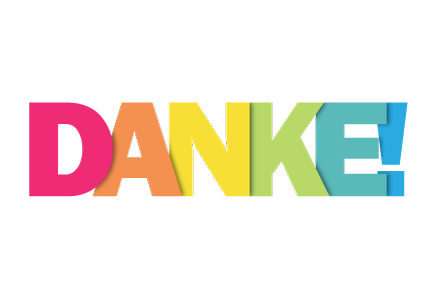The city of Paderborn, Germany is special. Not only because of its beautiful Romanesque Cathedral, but because of its school system. Why? Nearly 20 years ago, local political decision-makers decided to take an important step towards digital collaboration. In 2000, they started “Lernstatt Paderborn”, a pioneer project that digitally links all schools in Paderborn, from elementary to high-school level.
Kopano is proud to have been a part of the Lernstatt project since 2011. Today, more than 20,000 students and teachers have a digital Lernstatt identity: students receive an account (which includes Kopano email and calendaring) when they start primary school and keep it until the end of their Paderborn educational career.
Digital pioneers
Project leader Mr Burkhard Pöhler has been involved in the project since its beginning in 2000. He functions as an intermediary between the local Paderborn government, the IT service provider responsible for maintaining the IT infrastructure of the Lernstatt, and the Paderborn schools.
Burkhard Pöhler: “The idea for a uniform IT infrastructure was born in 2000. The city was looking for a way to digitalize all schools in Paderborn while keeping the cost model as simple and transparent as possible. Centralizing all IT seemed the best way to achieve this. This is year 19 of the initiative and we are still taking new steps towards full digital collaboration every day.”
School technology
The technologies Burkhard Pöhler and his team choose for the Paderborn schools have to conform to four basic requirement
- Devices and services need to be consistently available at all learning locations.
- Technologies are suitable for daily use by over 20,000 learners and teachers.
- The operating costs and expenditure for renewals and future extensions can be covered by one school authority.
- We’re talking about (very) young users. Therefore, technology providers should be able to guarantee data privacy and should comply with relevant security.
Hardware used by students are PCs and tablets in the schools’ media rooms and mobile phones (owned by students). Currently, half of the about 1,200 classrooms is equipped with digital presentation technologies like digital blackboards. The other 600 will follow in the next one to two years. More than 900 of the 1,600 teachers working in the schools of Paderborn have tablets at their disposal so they can make full use of the available presentation technologies, and communicate and collaborate with each other and students.
In addition, each school has its own budget (usually financed by parents and local support associations) to buy hardware for the students, such as tablets. One school is experimenting with classes in which each student has their own tablet. At the moment there are four so-called tablet classes. If Burkhard Pöhler’s plans are realized, more of these classes will appear in the coming years.
Kopano email for all Lernstatt Paderborn students
The software used in Lernstatt is mainly open source. The reason for this is historical. Pöhler: “When Lernstatt was launched in 2000, we used Sun Microsystems Thin-Clients and Directory. Since then, open source has been more or less ‘the way to go’ in Paderborn.”
For email and digital agendas, Paderborn students and teachers use Kopano.
Pöhler: “The available communication and collaboration infrastructure of the Kopano setup forms the basis of the sustainable and modern IT infrastructure that we are building within the Lernstatt Paderborn.”
The way it works is that when students start primary school, they get a Kopano account and email address which they keep until the end of high school.
Björn Neumann, engineer at Kopano: “Because of the scale of the project, the implementation of our Groupware solution was quite a challenge. It was also a very cool project to work on though. To get the system into the adoption phase very fast we started with a rather easy setup. In the beginning, there were only a few people using Kopano email (although they all had an account), but lately, the usage has increased enormously. We are currently making changes to the architecture to keep performance optimal.”
What will the future of digital collaboration at Lernstatt Paderborn bring?
Lernstatt Paderborn is at the forefront of the digitalization of schools in Germany and intends to stay there. According to Burkhard Pöhler they have come so far because of good communication and collaboration and their “small steps approach”.
Pöhler: “From the start, all parties that worked on the Lernstatt – government, IT and schools – have been on the same page. We did not aim to have everything available from day zero. First, we started to connect school networks: we added Wi-Fi, the communication and collaboration platform and so on. As a result, we have digitalized all schools in Paderborn in such a way that even the sceptics are now convinced of the usefulness of centralized IT. I am very proud of that.
Another reason for our success is that hardware and software are very easy to use, so teachers can focus on teaching instead of functioning as in-class IT helpdesks. In 2020 we want to have all classrooms digitalized and focus on increasing the use of digital media in classes. The road from analogue to digital in schools is long, but we are on a good track.”



